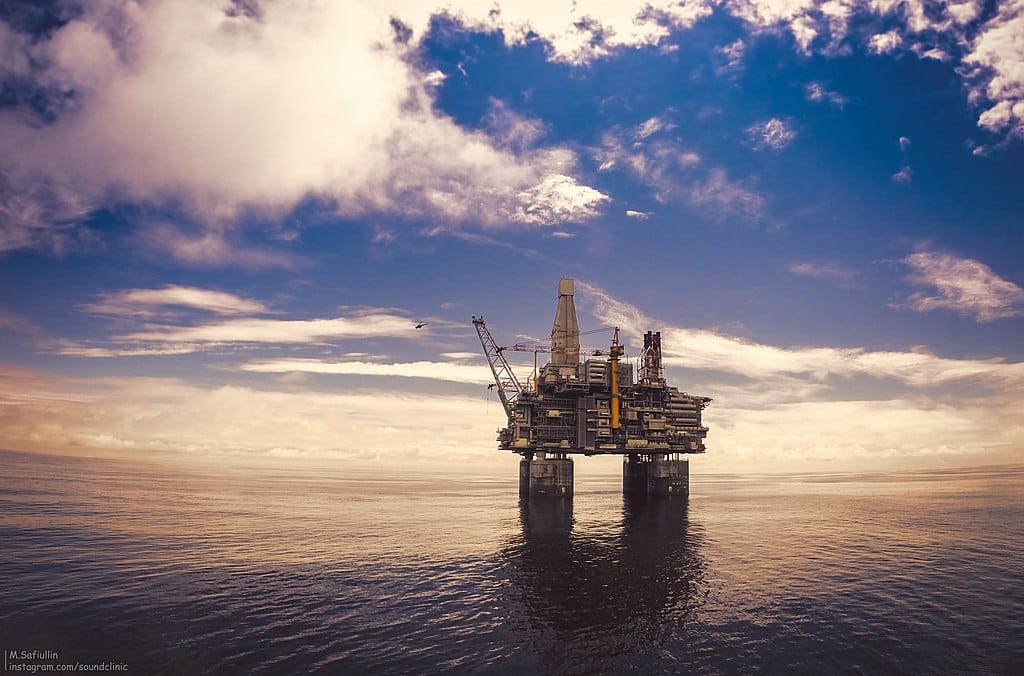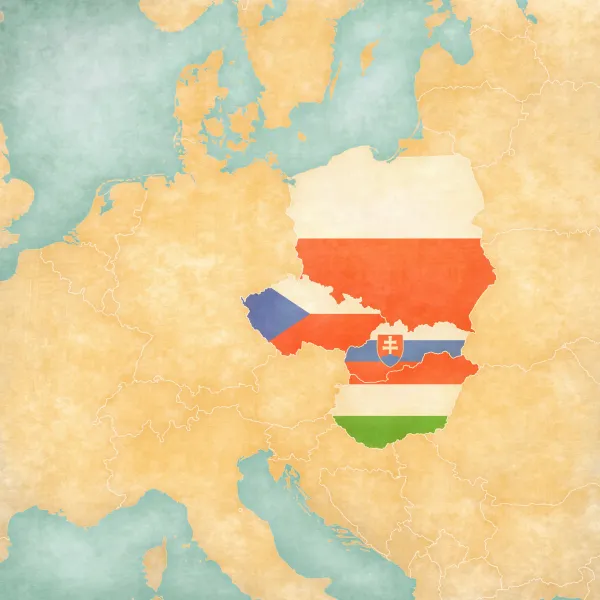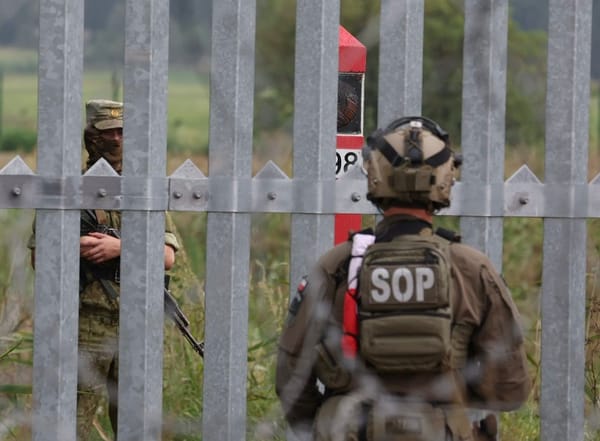
EU widens embargo on Russian diesel, oil
The European Union expanded its ban on Russian diesel fuel and refined oil products with immediate effect on Sunday 5 February, two months after its initial embargo.
The ban is accompanied by a price cap of USD 100 per barrel for diesel, jet fuel, and gasoline, agreed upon by the EU and the G7 countries (the US, the UK, Germany, France, Italy, Japan and Canada).
Several CEE countries excepted from embargo
All EU member states adopted the package on Sunday, with the exception of landlocked Hungary, Slovakia and Czechia, which are heavily reliant on Russian oil supplies.
As a result, several European countries heavily dependent on Russian crude oil, including Poland, Bulgaria, Czechia, Hungary and Slovakia, continued to import Russian oil in the second and third quarters of 2022.
The decision on the cap level was delayed after Poland and the Baltic states pushed for a downward review of the crude price cap and for lower price caps on petroleum products, Politico writes.
Eventually a deal was reached on condition that both sets of price caps will now be subject to a review every two months, starting in March, two diplomats told the Brussels-based website.
Having earlier stated it would not accept any gas or crude oil from Russia, Poland has since admitted it may need to utilise the Druzhba pipeline, the largest artery for the transit of Russian and Kazakh oil to Europe.
EU hopes to hit Russian coffers
The new price cap aims to limit Russian gains from any sudden price spikes and boosting the country’s war chest as the first anniversary of its full-scale invasion of Ukraine approaches.
Neil Atkinson, a former International Energy Agency analyst, told Al Jazeera that the EU sanctions on Russian products were unlikely to have an initial major impact on prices. This is because companies worldwide have been building up stocks of Russian products ahead of the well-advertised ban, he added.
The EU has already banned Russian coal and most crude oil, while Moscow has stopped most shipments of natural gas.
Diesel prices have risen due to increased demand and limited refining capacity. The EU said it aims to find new suppliers from the US, Middle East, and India to replace Russian diesel, which once provided 10% of Europe’s needs.
Middle East to strengthen presence in European energy market
The cap on Russian crude took effect in December with a limit of USD 60 per barrel, Middle East Eye notes, adding that Europe had largely transitioned away from raw Russian oil before the ban, but still relies on Russian diesel and other refined products.
Russia previously accounted for about half of Europe’s diesel imports, with the EU and UK purchasing 663,000 barrels per day of Russian diesel in December, which represented about 40% of total seaborne shipments.
The ban on Russian diesel and petroleum products in Europe will create opportunities for the Middle East to strengthen its presence in the European energy market. New refineries and favourable geography, as well as potential additional shipments of Russian product, will support this shift, the website added.
Europe has been stockpiling diesel ahead of the ban, even buying more from Moscow, in order to avoid shortages in key industries such as farming, construction, manufacturing, and transportation, according to the website.





